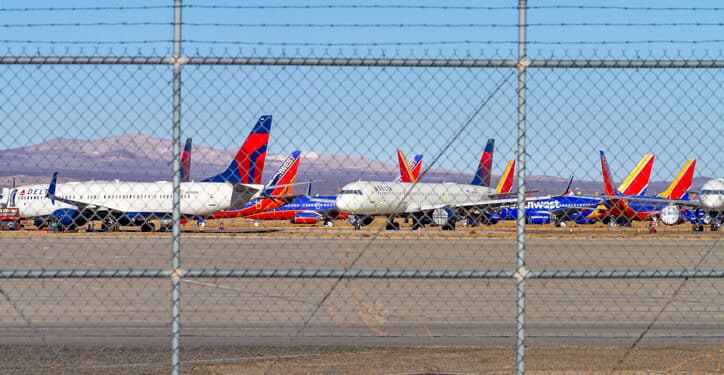On May 16, President Biden signed the Federal Aviation Administration (FAA) Reauthorization Act of 2024 into law. The bill, a sweeping package which reauthorizes the FAA and makes a number of reforms to the airline industry, includes provisions altering whistleblower provisions for airline safety whistleblowers.
As Boeing whistleblowers have generated headlines about safety issues and a culture of retaliation in the airline industry, Congress sought to bolster whistleblower protections. However, airline safety whistleblowers are still not offered a whistleblower award program like the Department of Transportation program for auto safety whistleblowers.
The Wendell H. Ford Aviation Investment and Reform Act for the 21st Century (AIR21) is the airline safety whistleblower law. Originally passed in 2000, the law prohibits airline companies, both carriers and manufacturers, from retaliating against employees who blow the whistle on safety concerns.
The FAA Reauthorization Act grants the FAA the authority to impose civil penalties against companies who retaliate against airline safety whistleblowers, outlines that the FAA will work alongside the Department of Labor (DOL) in determining whistleblower retaliation cases and institutes a peer review of the Office of Whistleblower Protection and Aviation Safety Investigations.
These reforms do not address many of the issues with AIR21 highlighted by whistleblower advocates. For example, under AIR21, whistleblowers do not have the right to appeal decisions before federal court, a right which whistleblower advocates argue is critical to the success of whistleblower protection laws.
AIR21, and other whistleblower protection laws overseen by the Occupational Safety and Health Administration (OSHA) also are notorious for long, delayed investigations and proceedings. It was seven years into an AIR21 process that Boeing whistleblower John Barnet recently took his own life.
Airline safety whistleblowers are also not offered whistleblower awards, which have proven to revolutionize the incentivization of whistleblowers and deterrent of wrongdoing. By contrast, the National Highway Traffic Safety Administration (NHTSA) offers whistleblower awards to whistleblowers who report auto safety violations. In 2021, the NHTSA program, which is still being implemented despite a Congressional deadline, awarded $24 million to a whistleblower who provided information about safety issues related to engine defects by Hyundai and Kia.




